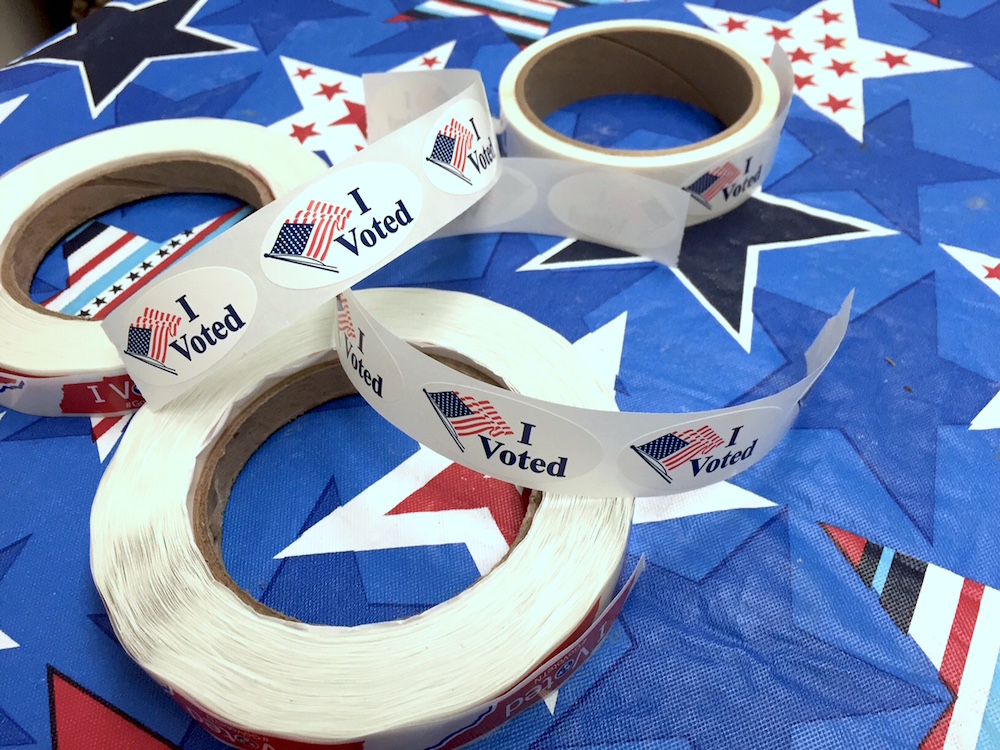
Early voting started last week, and thousands of Tennesseans have already voted in person.
But there are still WPLN listeners who want to vote absentee yet have concerns about it. So, reporters at WPLN News have been reading your questions regarding mail-in voting and have some new answers.
There is a way for voters to fix their absentee ballot if it is rejected, but how would they know if they have to do that?
There is a mechanism in place for voters to fix their absentee ballot if it’s rejected.
Usually the election commission will send voters a notice explaining why it was rejected and, if there’s enough time, the commission will send a second set of voting materials.
From Curious Nashville and WPLN listener Renee Kasman: if the absentee ballots are not opened until Election Day, how does this signature curing process work? Wouldn’t it just be discarded on Election Day when it’s opened?
Once your absentee ballot arrives in the election commission, they will open the first envelope to make sure the signature matches.
Once they verify that, the ballot will be locked in a box and won’t be open or counted until Election Day.
And, by the way, you can track your ballot online, on the Tennessee secretary of state’s website. If it says “received” then it means your signature has been verified and that’s it.
If it says something else, then that might mean that it has been rejected and you are probably going to hear from election officials.
Does Tennessee require absentee voters to have a witness when signing their ballots?
In Tennessee, most mail-in voters don’t need a witness.
Unless someone is signing the ballot for you. Then, in that case, you need an extra person — a witness — to sign your ballot.
When is the deadline to request an absentee ballot?
Oct. 27.
But in order for a mail-in ballot to be counted, it has to arrive at the election commission by Election Day.
So, really, it might be best at this point to start considering voting in person.
Yes — we’ve seen long lines, and record-breaking turnout numbers so far.
But, a pro tip— usually, the first and last days of early voting tend to be the busiest ones. So, if you go any other day, the lines might be a bit shorter and the wait times too.

